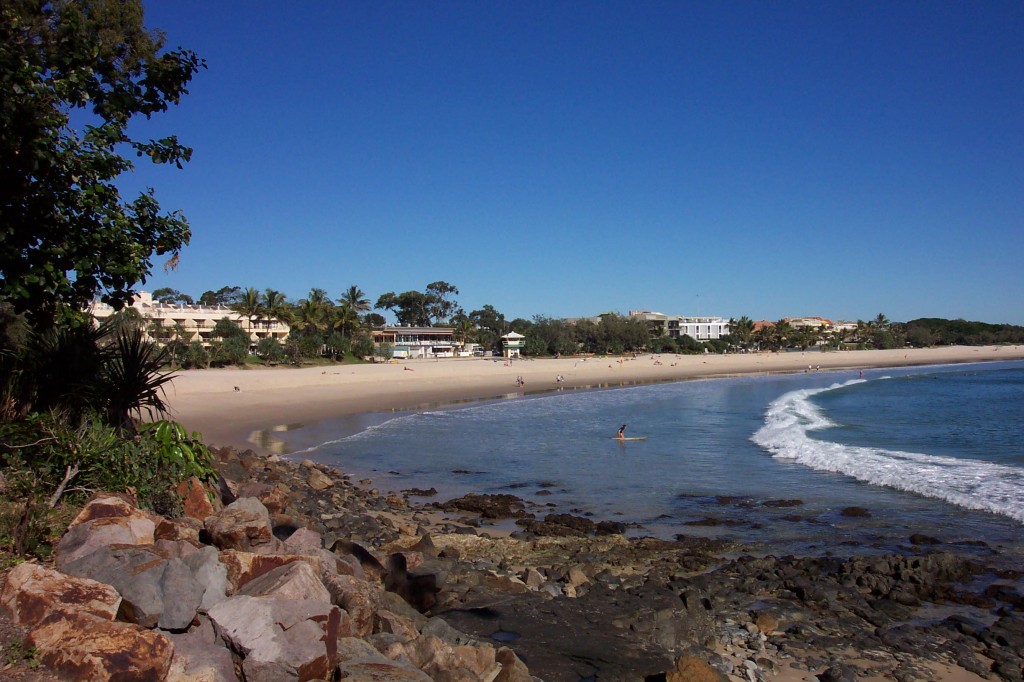Roger Waters: ‘Bertrand Russell believed that there was a logical connection between the rule of law and a natural law of human kindness.’
‘The Russell Tribunal is about shedding a light about what is going on in the Occupied Territories in order that we can lend weight to the argument that the Palestinian people should be treated with respect.’
After the Russell Tribunal sessions in Barcelona, focusing on EU complicity, London on Corporate Complicity, and Cape Town, on the crime of Apartheid, the New York Tribunal will examine UN and US responsibility in the denial of the Palestinian right to self-determination.
As the US is currently blackmailing the EU in the UN to prevent Palestinians obtaining a higher ‘non-member’ status in the UN, the Russell Tribunal hearings in New York have contemporary relevance. Neither the US nor Israel wish for Palestinian statehood – the US stymies Palestinians at every turn enabling Israel to pretend to be pursuing two states even as it makes this outcome impossible through its ongoing rapacious, criminal land and resource theft. The status quo of ongoing Israeli appropriation of Palestinian land and resources is the preferred option of both the exploitative neoliberal empire and its racist crony which poses duplicitously as an oxymoronic ‘Jewish democracy’ surrounded by hostile hordes.
Watch the New York Russell Tribunal hearings live on October 6th and 7th, 2012.
Related Links
Gaza youth commend Mahmoud’s Sarsak for not Normalising with Apartheid Israel
‘Al-Sarsak said he would “refuse coexistence and normalization with occupation.”
“I respect Barcelona’s invitation, but I have to avoid angering the Palestinian people and their supporters as well as all those who supported me during my hunger strike. ‘
Love for Palestinian footballer and hunger striker Mahmoud Sarsak
Kudos to Palestinian footballer and hunger striker hero, Mahmoud Sarsak for refusing to normalise Israeli oppression
Infected with zionist lies, the BBC displays brazen contempt for international law.
Support amongst British adults for BDS by British artists of apartheid Israel at 27% in the UK, with 36% don’t knows. BDS has room to grow 🙂
Palestinian Authority: Running Israel’s Guantanamo
Marty acknowledged that the situation in the occupied territories had gro
wn unfavorable following unilateral Israeli moves.“There is an unbalanced situation and Israel should bear responsibility for the failure of peace negotiations,” Marty said on the sidelines of the 67th UN General Assembly in New York on Thursday.
The foreign minister was commenting on UN Secretary-General Ban Ki-moon’s pessimistic assessment of the peace process. “The door may be closing, for good, on a two-state solution,” Ban said in his speech to the assembly.’
All harpists from all nations are being asked to boycott the International Harp Contest in Israel.
Israeli harpists are also being asked to boycott the contest.
Many other harp competitions exist. We believe it is not considered an ho
nor to participate or to place in the Israeli contest. It is an indication that the harpist ignored the call to boycott, and chose to stand instead on the side of the oppressor. The level of the music may be sublime, and that is all the more reason not to validate Israel’s cruel apartheid government by participating. Such beautiful music should be used to promote justice, not to enable and legitimize occupation and segregation.
For the Zionists, the failure to organise resistance grew out of the political history of their movement. Their focus had never been on the fight against anti-Semitism.
Lessons from South Africa : ‘One of the most diabolical aspects of racist repression was the regime’s ability to outsource that repression to puppet regimes like those of Matanzima, Oupa Gqozo and other “homeland leaders”.’ This is a terrific article covering sexism, racism and the ongoing role of capitalism/neoliberalism.
One of my favourite political scientists, and expert on fascism, Prof Robert Paxton, comments on the CHE subcommittee decision
CAIRO HELD its first official boycott, divestment and sanctions (BDS) event in Egypt at the independent media center Mosireen on August 27, a critical first step in challenging the government’s continuing economic relations with Israel and building solidarity with Palestine.
The rate of asylum seekers receiving refugee status in Israel IS THE LOWEST IN THE WORLD.
Australian activist workshops discussed the four national BDS campaigns: Bin Veolia (referring to the French multinational that provides discriminatory transport services to illegal settlements in the occupied West Bank); boycotting Dead Sea minerals (this includes Israeli companies such as Seacret, which steal Palestinian resources); academic boycotts; and truth in labelling.
‘In his presentation at this weekend’s conference, Miko Peled, the Israeli-born anti-Zionist and advocate of equal rights and decolonization in a single state, made the observation that every cause of social justice in history that has been worth fighting for was divisive in its time
Inshallah: a virtual tour of the Gaza Strip
Scenes from yesterday’s demo at the Tower of London
where De Beers put on display a Forevermark Steinmetz diamond in honor of the Queen’s Diamond Jubilee. The Steinmetz Foundation funded and supported the war criminals of the Givati Brigade
, responsible for the massacre of the Samouni family in Gaza during the Israeli assault in the winter of 2008/2009.The trade in Israeli blood diamonds goes on unseen and unnoticed on the high streets of every city. Jewellers must be asked to end the trade in Israeli diamonds which are funding the proliferation of nuclear arms and war crimes in the Middle East.
“Right and wrong, justice and injustice, do not wear ethnic badges or wave national flags.”
Australia Links
Victory in Queensland against the neolib machine! Queensland construction workers win!
Jones only has an audience because Australian society is a cesspit of racism, bigotry and violence. Jones distills and spouts what is already there. In a just society he would not have a job because he wouldn’t have an audience. But to rise up against him because he’s offended a pollies’ propriety? this is hypocrisy of the highest order.
